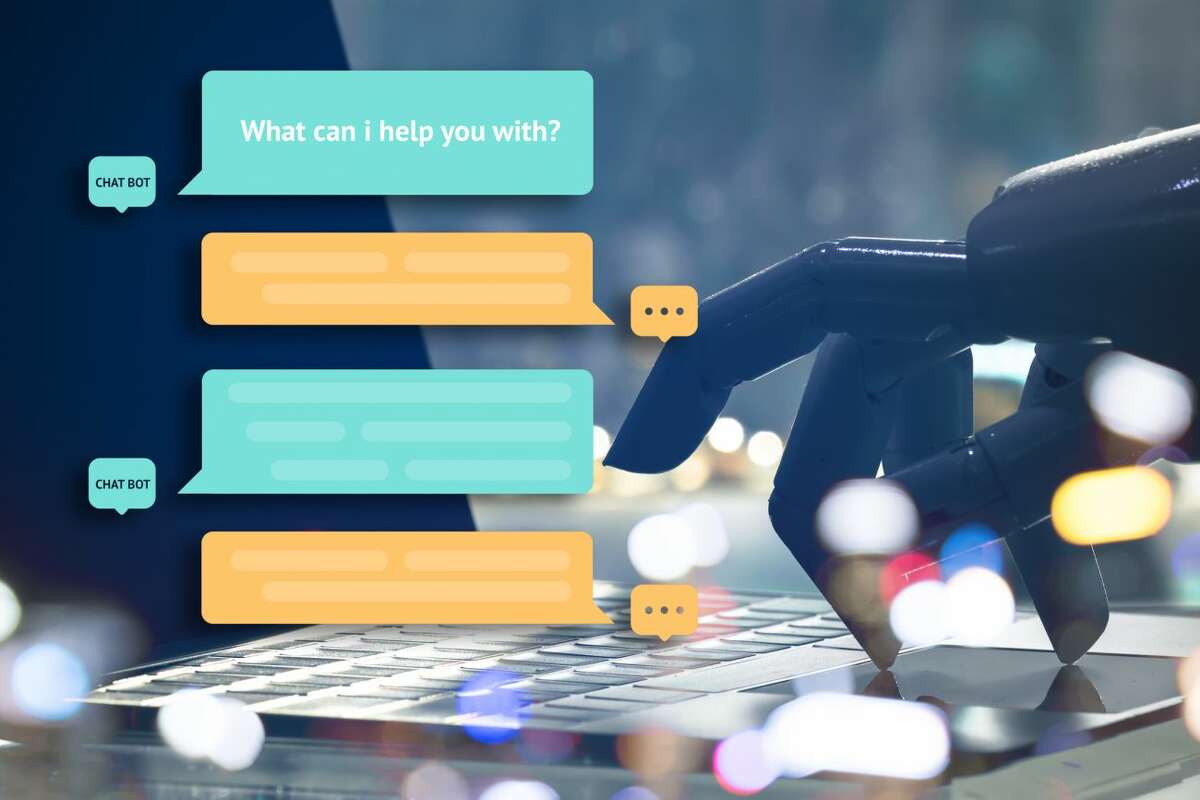In an era where technology is evolving at a breakneck pace, the concept of voice cloning is transforming the way we perceive audio and interaction. From voice assistants to digital characters, creator voice has gained prominence, enabling a range of applications across industries.
Understanding Voice Cloning
Voice cloning refers to the process of creating a digital replica of a human voice. This cutting-edge technology uses sophisticated algorithms and vast amounts of data to analyze and replicate the nuances of a specific voice. By doing so, it can generate audio that is almost indistinguishable from the original.
How Voice Cloning Works
The intricacies of voice cloning involve several stages. Initially, a sample of the target voice is required. This could be a recording of spoken sentences, which the system uses to learn the unique patterns and intonations. Advanced neural networks, especially deep learning models, are then employed to create a synthetic model of the voice. Once the model is complete, it can generate speech in that voice, making it a powerful tool for various applications.
Applications of Creator Voice
The advent of creator voice technologies has opened up numerous possibilities. One of the most significant applications is in the entertainment industry, where voice clones can bring digital characters to life with remarkable authenticity. Whether in video games, animated films, or virtual reality experiences, digital voices add a layer of realism and engagement.
Voice Cloning in Assistive Technologies
Another compelling application is in assistive technologies. For individuals who have lost their voices due to medical conditions, voice cloning provides a means of communication that closely resembles their original voice. This not only aids in effective communication but also holds emotional significance.
Read more about voice cloning here.
Content Creation and Personalization
Content creators and marketers are leveraging creator voice to personalize user experiences. Imagine an audiobook narrated by a synthesized voice of a popular author or a virtual assistant that mimics your own voice. Such personalized interactions enhance user engagement and create memorable experiences.
Ethical Considerations and Future Prospects
While the benefits of voice cloning are undeniable, it also raises ethical questions. The potential for misuse, such as impersonation or creation of misleading content, necessitates robust regulatory frameworks and ethical guidelines. Transparency in the use and access to such technologies is crucial for maintaining public trust.
Looking ahead, the future of creator voice promises even more sophistication and integration. As AI technologies continue to advance, we can expect voice cloning to become more accessible, accurate, and versatile. This evolution will undoubtedly reshape our auditory experiences and interactions in ways we can scarcely imagine today.
Conclusion
The fusion of artificial intelligence and voice technologies is not just a trend but a transformative force. Creator voice and voice cloning stand at the forefront of this revolution, poised to redefine various aspects of our digital lives. As we navigate the opportunities and challenges that come with these innovations, the importance of balancing technological advancement with ethical considerations cannot be overstated.



